Planning Pays Off: 5 Strategies to Get the Most Out of Your Delivery Speed Choice
July 17, 2024
5 min read
Introduction
It can be a thrilling experience to launch an e-commerce company in India. But in order to do so, you must be aware of the special opportunities and obstacles that you may have to face during the journey.
You need a strong business strategy in order to launch a company successfully. It calls for a calculated strategy that includes a number of essential elements.
In this post, we’ll walk you through a step-by-step process for launching an e-commerce company in India. Let’s get going!
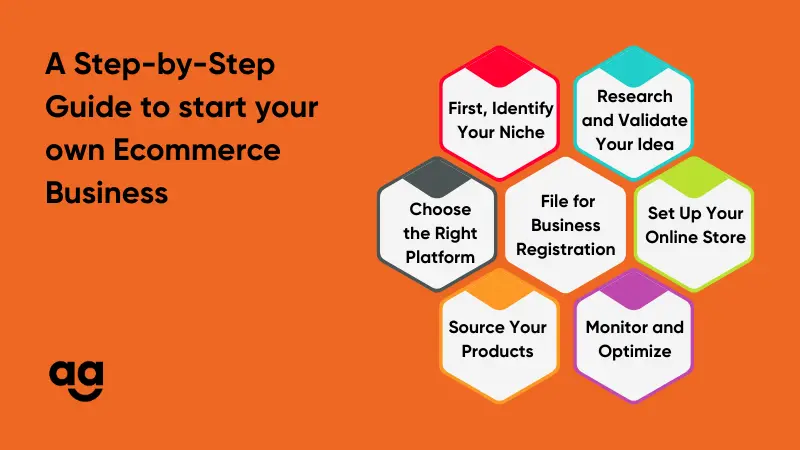
A Step-by-Step Guide to Follow to Start Your E-commerce Business in India
Follow the steps mentioned below to create a comprehensive business plan for your e-commerce venture in India:
First, Identify Your Niche
The first thing to do when launching an internet business is to identify a specialty. A niche is a certain kind of customer base that you want to attract. If you focus on a certain expertise, you will spend more time understanding the demands of a particular group.
In addition to keeping you inspired, giving serious thought to your own passions and interests will lay the groundwork for comprehending the particular requirements of your target market.
Research and Validate Your Idea
After finding the perfect niche for your business, carry out a detailed analysis of the market to support your idea.
Check out competitors, carry out consumer analysis, and follow up on trends. Use Google Trends, Keyword Planner, and social media analytics tools to determine demand and modify your business concept.
Choose the Right Platform
Opting for the proper e-commerce platform can build the core of your online venture.
Forums such as Shopify, WooCommerce, and Magento are all easy to use, and they have customizable features. Check out the cost, scalability, and compatibility before choosing any tool.
File for Business Registration
It is legally necessary to register your business in India in order to adhere to the regulatory framework when operating a venture.
Choose a distinctive name for your business, and then submit the required documentation according to the kind of business and organizational structure you wish to have. Next, in order to operate legally, make sure you obtain the necessary licenses and permits.
Set Up Your Online Store
Once you’ve got your business registered, start developing your online store. Create a design of your website’s theme, structure, and brand logo to represent your brand identity. Provide an easy navigational process, mobile friendliness, and a secure payment gateway to make the user’s experience outstanding.
Source Your Products
Whether providing physical products or offering digital subscriptions, sourcing the best-quality inventory is essential. Cooperate with stable suppliers, manufacturers, or wholesalers who can ensure supply and guaranteed delivery.
Consider different aspects, like product quality, pricing, and shipping, to establish a reliable and sustainable supply chain for your e-commerce business.
Monitor and Optimize
After you’ve set up your online business, make sure to track your shop’s performance and pay attention to the main figures. These could be the traffic to the website, the conversion rates, and the customer feedback.
To establish your strong points and make improvements to your strategies to stay ahead of the competition, identify your weak points. This way, you can continuously enhance the customer experience and optimize your business operations in the long run.
Conclusion
When it comes to starting an e-commerce business in India, it’s important to consider the unique market dynamics, legal requirements, and customer preferences.
Following a systematic approach, from defining your niche to monitoring and optimizing your operations, will contribute to the success of your e-commerce venture.
If you want to make logistics simpler, Shipyaari can help. With over 12+ channel partners, 94.2% RTO reduction, and an AI-driven engine, Shipyaari ensures all your logistics needs are cared for seamlessly.
Sign up now to learn more!
Frequently Asked Questions
Yes, you need to register your business entity and obtain GST registration. Additional licenses and permits may be required based on your business model and products.
Popular options include Shopify, WooCommerce, and Magento. Choose based on your budget, scalability needs, customization requirements, and technical skills.
Consider product quality, pricing, reliability of suppliers, and shipping logistics. Build a strong supply chain with dependable manufacturers or wholesalers.
Optimize for user experience (UX) with easy navigation and mobile responsiveness, ensure secure payment gateways, and implement SEO strategies for better visibility. Monitor key metrics like traffic and conversion rates for continuous improvement.
Suggested Reads
Hyperlocal Personalization: Tailoring Experiences for Local Customers
Introduction The eCommerce industry in India has witnessed a rapid growth of hyperlocal services in
Continue ReadingDec









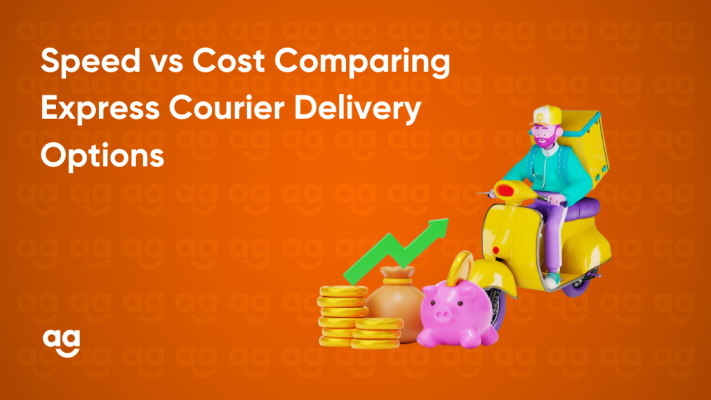

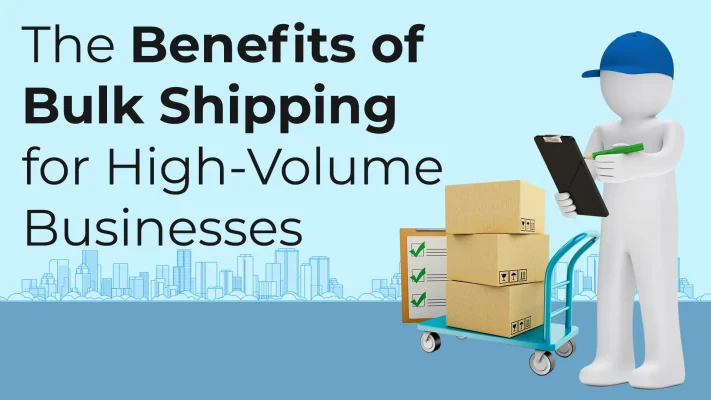
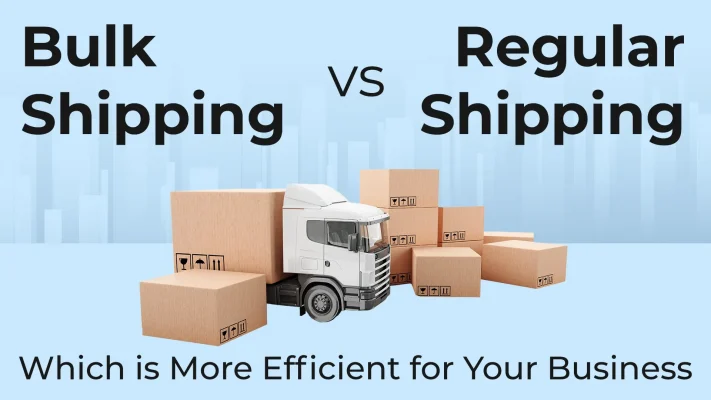


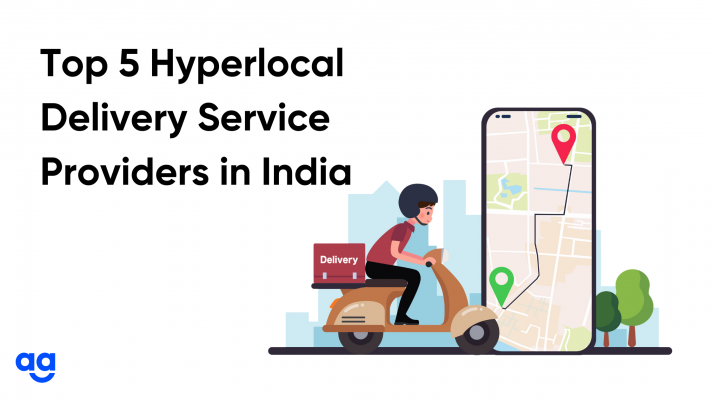


 Shipping
Shipping







